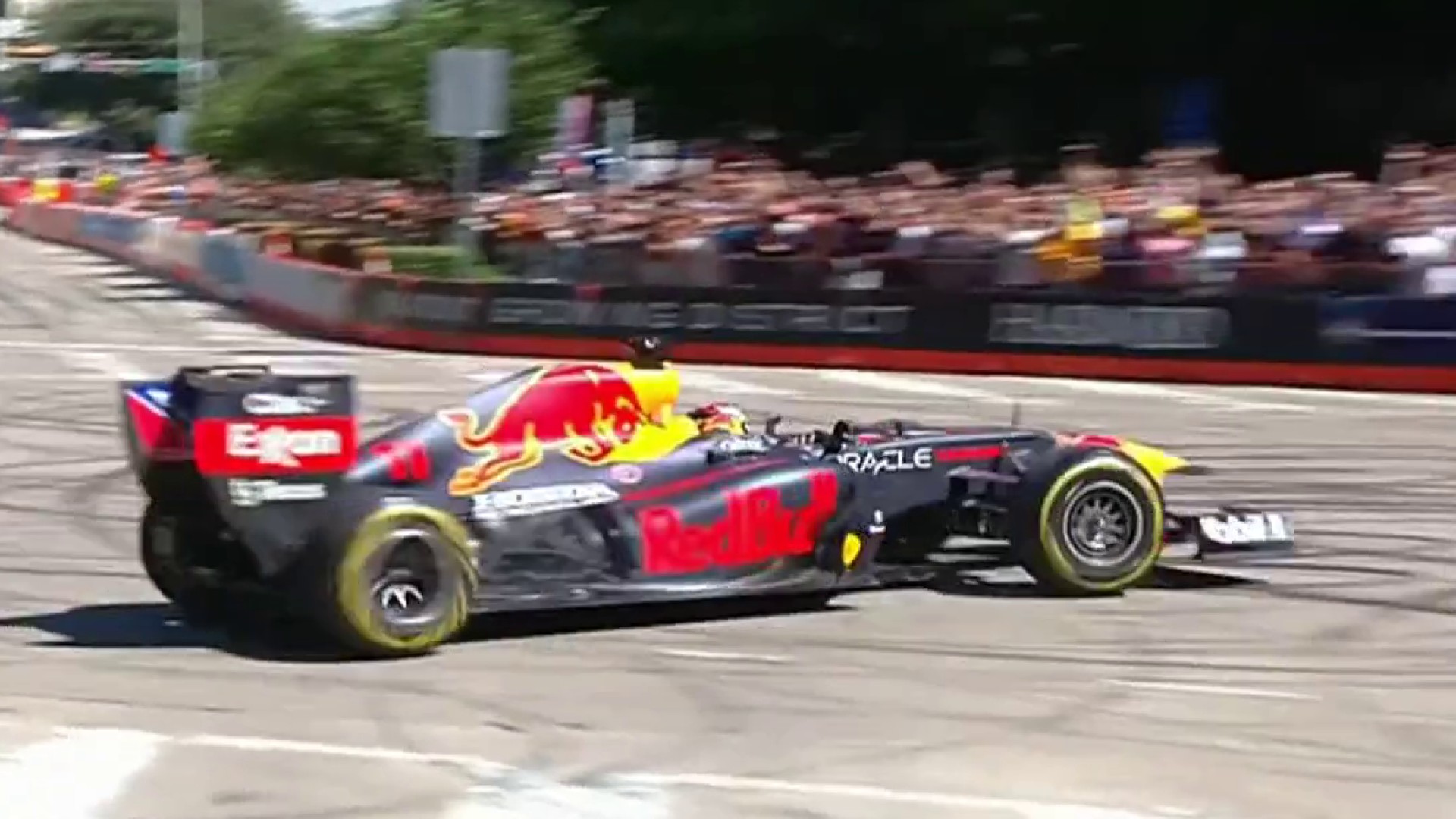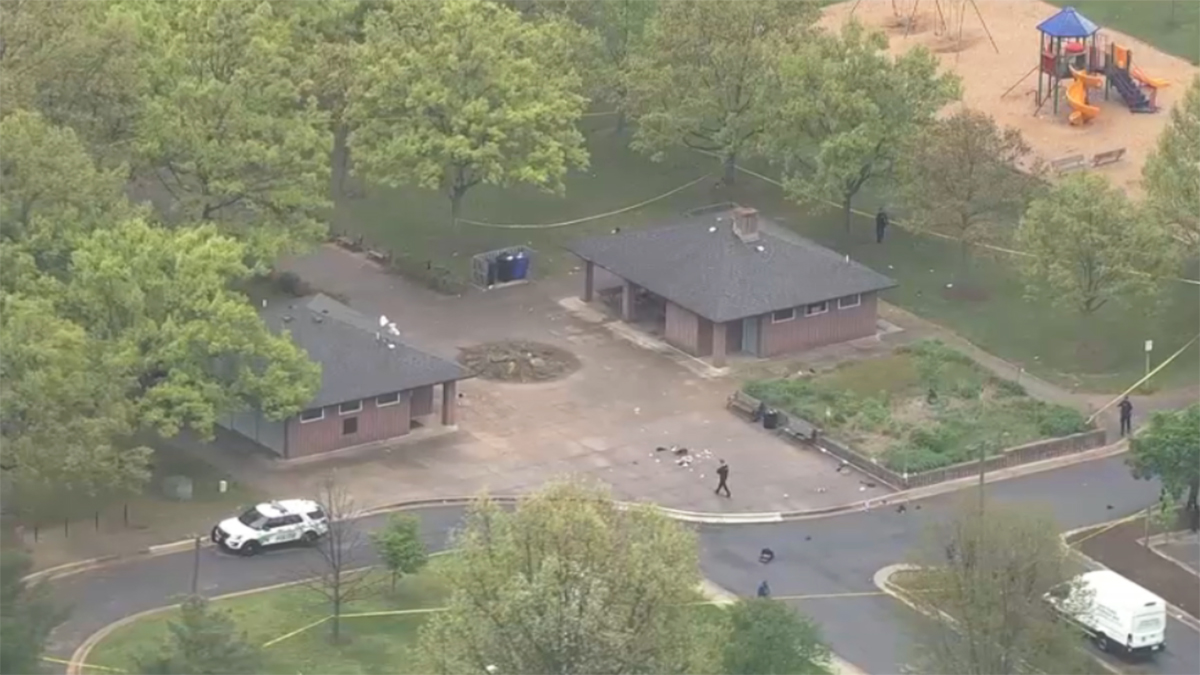More than 200 thoroughbred racehorses have been euthanized at Maryland, Virginia and West Virginia racetracks since 2010, in many cases due to injuries sustained during races, according to state racing commission records obtained by the News 4 I-Team.
Those deaths include a mysterious spike in “race-related” injuries, resulting in euthanized horses and a state investigation of track procedures at Maryland’s Laurel Park in early 2013.
The News 4 I-Team’s Scott MacFarlane obtained “mortality records” from state racing commissions in the Washington D.C.-area, which listed 144 horses euthanized over the past two years at Charles Town Races in Jefferson County, West Virginia. In more than 75 percent of case, the fatal injuries were sustained during races.
At Laurel Park, which runs far fewer races annually than Charles Town, 37 horses were euthanized between 2010 and 2011. State records also show at least 10 horses euthanized at Laurel Park during the first four months of 2013.
A memo issued by the Maryland Racing Commission in February 2013 ordered changes to state procedures for the reporting of equine injuries at tracks, because of the surge in race-related injuries.
In an interview with the News-4 I-Team, Racing Commission Executive Director Mike Hopkins said he has also ordered new pre-race testing procedures for horses, to minimize future injuries.
The Maryland Jockey Club, which oversees Laurel Park, said it continues to investigate the recent surge of injuries.
Local
Washington, D.C., Maryland and Virginia local news, events and information
A Jockey Club spokesman said there is “no definitive reason for the spike in 2013. There are a multitude of factors that potentially could play a role, weather, condition of the horse, track surface are a few.”
Injuries during races at Colonial Downs, a racetrack near Richmond, Va., have led to at least six horse deaths since the beginning of 2012, according to state records obtained by MacFarlane.
A Colonial Downs spokesman said track operators have installed newer, rubber-infused turf to reduce the threat of future injuries.
Keith Dane, an equine specialist for the Humane Society of the United States, said the increasing use of pain-masking drugs, administered to horses by owners or trainers, is a likely cause of any increase in racehorse deaths.
“[Horses] are in pain and being forced to perform beyond their limits,” Dane said.
No specific link to drugs is listed in any of the death reports issued by state racing commissions and reviewed by the News-4 I-Team.
Efforts to approve sweeping new federal standards overseeing drug testing of horses and training regimens for horses have stalled in Congress. Rules and regulations differ by state.
A spokesman for Penn National Gaming, which operates Charles Town Racing, said track operators have improved track quality to reduce the threat of injuries, but are unable to fully monitor the horses themselves.
In a written statement the company said, “Charles Town is the venue. We have, however, limited impact on the races and those horses competing at our facilities. We maintain our track, surfaces and facilities at the highest standards. We have no control over the physical condition and training of horses entered in our races. We do not know if that horse has a prior injury, has been medicated beyond legal limits or has been trained too much or too little.”



